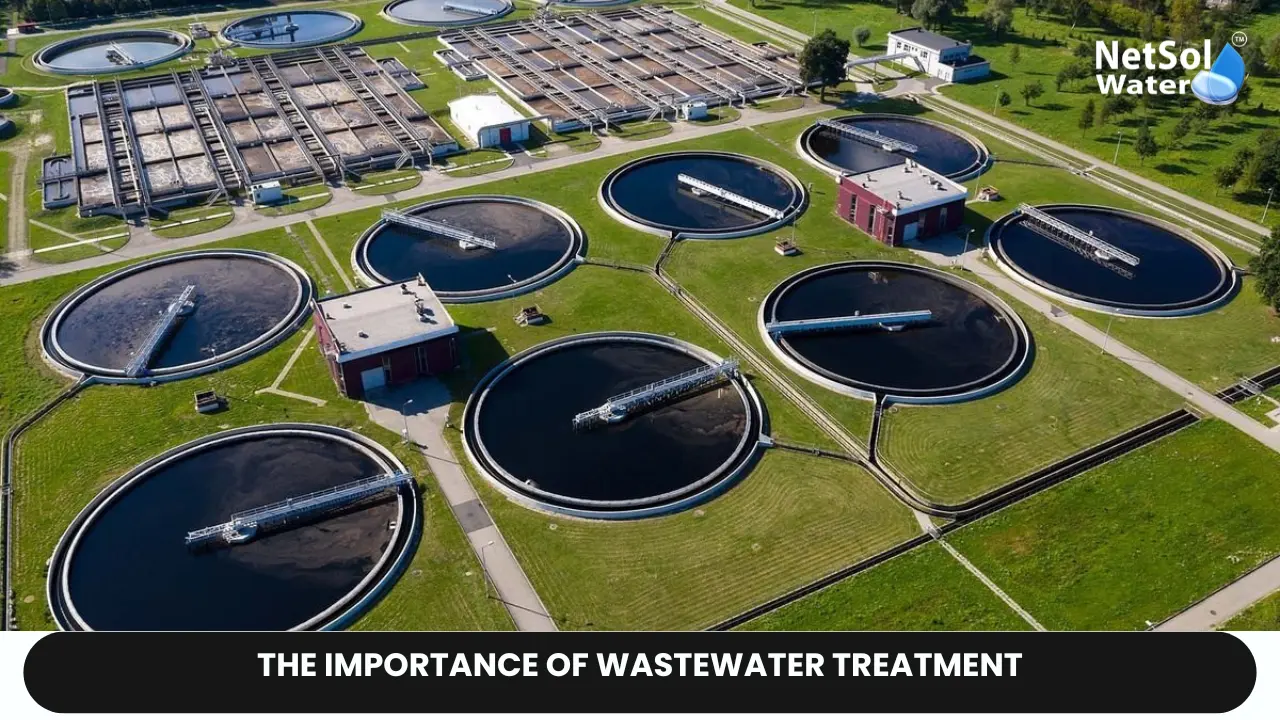Access to clean water represents one of the most fundamental requirements for human health, environmental integrity, and economic prosperity. Yet our behaviours - from bathing and cleaning to industrial processes - continually generate wastewater streams loaded with contaminants that must be carefully treated and recycled.
Wastewater treatment plants protect communities and ecosystems by removing harmful pollutants before discharging clean water back into the environment. Modern processes filter solids, digest organics, disinfect pathogens, and eliminate nutrients and toxins.
We'll explore the critical importance of wastewater treatment from public health, environmental, and economic perspectives.
Public Health and Environmental Protection
At its core, comprehensive wastewater treatment safeguards both human health and ecological integrity by preventing contamination from untreated sewage. Domestically, sewage contains concentrations of bacteria, viruses, nutrients like nitrogen/phosphorus, and other hazardous chemicals from households. Releasing this raw effluent into waterways spreads pathogenic diseases through drinking water and food supplies. It also triggers toxic algal blooms depleting oxygen.
Industrial wastewater only compounds these risks with even more extreme loading of heavy metals, toxic solvents, acids/bases, and other hazardous pollutants from manufacturing activities. These contaminants bioaccumulate through food chains disrupting entire ecosystems.
Wastewater treatment plants mitigates all these threats by physically filtering solids, aerobically digesting organics, disinfecting pathogens, and chemically removing nutrients and toxins before discharge. Stringent permitting and monitoring ensures effluent quality. Beyond protecting public health directly, treating wastewater maintains environmental integrity and biodiversity in aquatic habitats. Clean water discharges preserve recreational resources and aesthetic values for communities as well.
Sustainable Water Resource Management
As freshwater supplies face intensifying stresses from population growth, urbanisation, and climate change impacts, wastewater treatment expands sustainable water resource management through recycling and aquifer recharge. Rather than once-through consumption, wastewater treatment enables water reuse for non-potable purposes like irrigation, industrial cooling, toilet flushing, and more. This circular recycling reduces overall withdrawal demands on freshwater sources.
Moreover, advanced tertiary treatment and purification produce clean effluents suitable for potable water reuse applications. Membrane filtration, UV disinfection, and carbon adsorption rigorously remove contaminants, yielding safe high-quality product water to augment drinking supplies. Alternatively, highly treated effluents provide ideal sources for deliberately recharging depleted groundwater aquifers through surface spreading or direct injection. This managed aquifer recharge helps offset overpumping and saltwater intrusion.
Looking ahead, wastewater represents a reliable local water source largely decoupled from climate vulnerability compared to imported freshwater sources reliant on precipitation. Investment in wastewater recycling enhances urban and agricultural drought resilience.
Conclusion
Effective wastewater treatment protects public health, preserves environmental integrity, and unlocks sustainable water management through reuse and aquifer recharge. It provides essential sanitisation services unseen yet vital to societal well-being. As water scarcity intensifies worldwide, optimising wastewater treatment will only grow more important for communities seeking reliable, drought-proof water security. Investments today build resiliency for inevitably tight water futures tomorrow.
While historically an afterthought, wastewater recycling's value proposition will drive the growing adoption of advanced treatment technologies producing pristine water supplies. Communities cannot afford to discard wastewater as problematic waste when it contains so much potential.
To explore customised commercial RO plants, Industrial RO plants, ETP or STP solutions for your needs in your areas and nearby regions, contact Netsol Water at:
Phone: +91-965-060-8473
Email: enquiry@netsolwater.com



